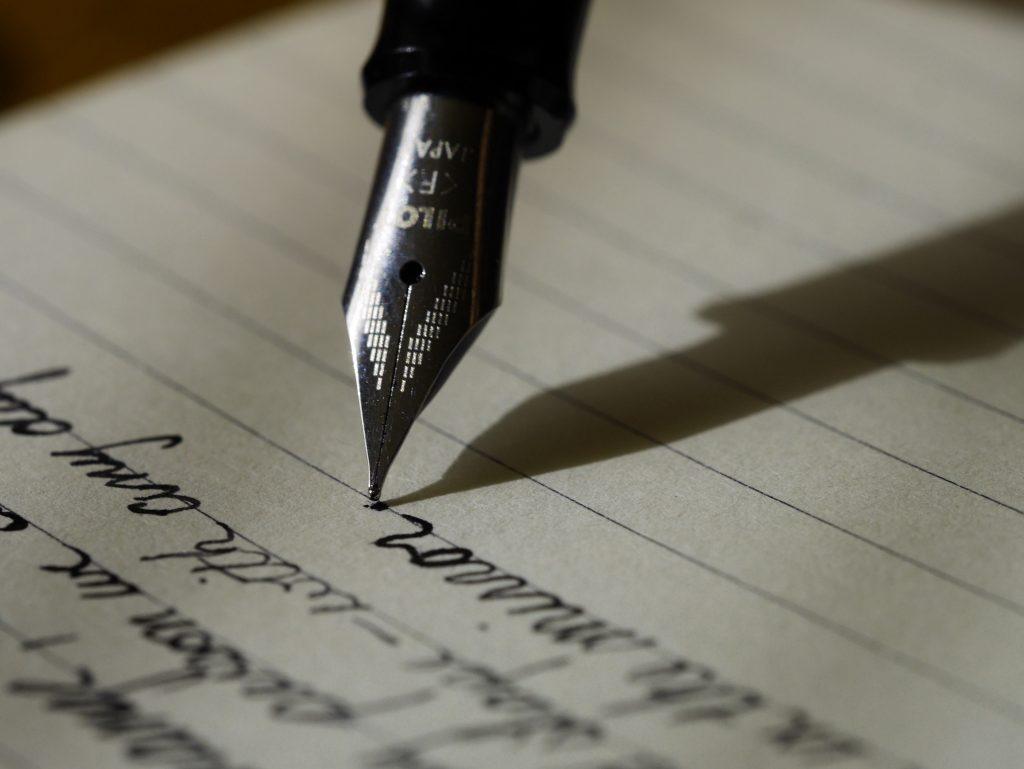Editorial: Stop, drop, and read
Books shoved away in the dusty corners of school lockers and the high school library almost deserted during activity period— a familiar sight, if not protocol. Swamped in piles of Google Classroom assignments and the relentless buzzing of texts from friends, students are all too glued onto the screens of any available electronic device rather than on the comforting pages of freshly printed books.
Indeed, as a high school student, it may be natural to assume that there isn’t time to read. In the hustle and bustle of the 21st century, instant information is a given. Us Gen Zers rarely even spare the time to fully type out “laugh out loud,” instead opting for a variety of acronyms to express our emotions. Likewise, who wants to take a long trek down the hallway and plop on the library’s nicest cushions to pore through a 200 paged book if there is Internet’s finest creation— Sparknotes? With bullet-point plot summaries at our fingertips, we would rather save ourselves the trouble.
But reading has more than its academic benefits of refining writing skills or engaging the mind in critical thinking and comprehension. It helps us become human. The power of words to spark meaning and elicit different emotional responses and philosophical insights outlive the author. When we read historical fiction novels, we are swept away to the past, not as casual observers, but active thinkers trying to make sense of the experiences of those who came before us. Coming-of-age novels particularly help adolescents understand that we are not alone with our emotional baggage and overwhelming conflicts, but that they are just part of growing up. Through the eyes of a character, and from a relatively safe distance, we are empowered to connect with people across societies and time periods to navigate our social relationships and understand ourselves.
Not to mention the fact that we can simply read for the fun of it. While we may spend hours in our English classes meticulously analyzing every passing symbol or metaphor, we can simply read books for their plot. Similar to how we consume TV shows and movies purely for entertainment, we can all do our eyes a favor by turning from the blue light of our glaring screens to the welcoming pages of a good book. And just like how we would not look up the plot summary of a movie before we watch it, we can afford to put Sparknotes aside from time to time.
Already, teachers at SIS stress the importance of reading for pleasure. Mr. Gardes, our librarian, wholeheartedly appeals to students with the library’s newest additions in its catalog, while AP English Literature incorporates independent reading projects for students to choose and analyze three texts of their choice throughout the year. Perhaps all English classes could include a whole unit dedicated to free reading on a book of choice, or be more receptive to student interests in their curriculum.
Most importantly though, it’s all up to students. Reading is a lifestyle rather than a wearisome task. So as the school year comes to a close and we are on the edge of our seats for an exhilarating summer break, take time to make a trip to a local bookstore or a library and read. Somewhere down the line, a book is worth more than a night out.
Unsure where to start? Check out Bona and Rosa Suh’s Befriend or Raze podcast!

